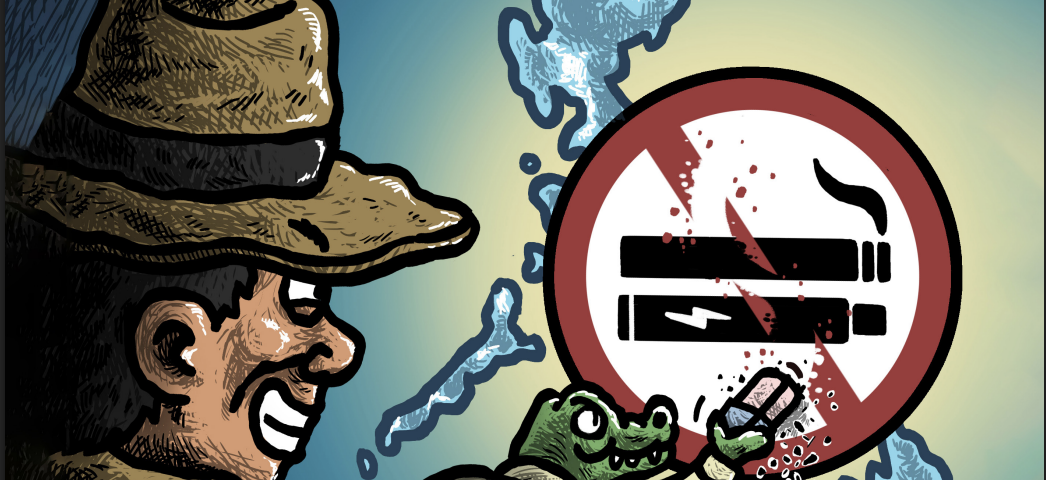
Painting the future: reclaiming our neighborhoods from harm
August 23, 2025
Twenty years after the FCTC we are still fighting for the health of our youth
November 4, 2025The Philippine Report on the Implementation of Article 5.3 of the WHO Framework Convention on Tobacco Control
The 2025 Tobacco Industry Interference Index report for the Philippines reveals an intensified influence of the tobacco industry on policy setting—presenting a growing threat to effective tobacco control in the country and public health in general.
Despite the country’s commitment to the World Health Organization (WHO) Framework Convention on Tobacco Control (FCTC), particularly Article 5.3, transnational tobacco companies continue to exert substantial influence through direct and indirect participation in policymaking, strategic corporate social responsibility (CSR) activities, and partnerships with government entities.
The Tobacco Industry Interference Index, developed by the Southeast Asia Tobacco Control Alliance (SEATCA), is a crucial tool for tobaccocontroladvocates.Usinga20-question framework based on FCTC Article 5.3 guidelines, it systematically evaluates industry interference, scoring from 0 (no interference) to 5 (high interference). The Index exposes tactics such as undisclosed meetings with officials, former government figures advocating industry agendas, and violations through CSR partnerships, empowering advocates to counter these influences and promote transparency.
With a total score of 70, indicating significant interference, the Index underscores the urgent need for robust safeguards to protect public health policies in the Philippines, especially in view of the country’s deteriorating scores, which culminated in its highest in 2025. It equips advocates to hold policymakers accountable, enforce policies like the DOH-CSC JMC
2010-001, and prioritize public welfare over industry profits; thus, safeguarding Filipinos from the tobacco epidemic.
To address the high level of interference documented in this report, immediate actions are critical. First, the tobacco industry should be removed as a member of the Inter- Agency Committee-Tobacco. Second, strengthen enforcement of DOH-CSC JMC 2010-001 through trainingforofficialstoensurecomplianceand reject industry partnerships. Third, enhance transparency by mandating public disclosure of all industry interactions, with violations reported to the Civil Service Commission. Fourth, counter industry narratives on harm reduction (e.g., vaping) through public health campaigns and stricter enforcement, as well as their use of illicit trade as justification for reduced taxation. Fifth, advocate for legislative oversight to ensure FCTC-compliant policies. Finally, engage media and civil society to monitor and expose industry tactics, fostering accountability and prioritizing public health over industry interests.
read more below:





